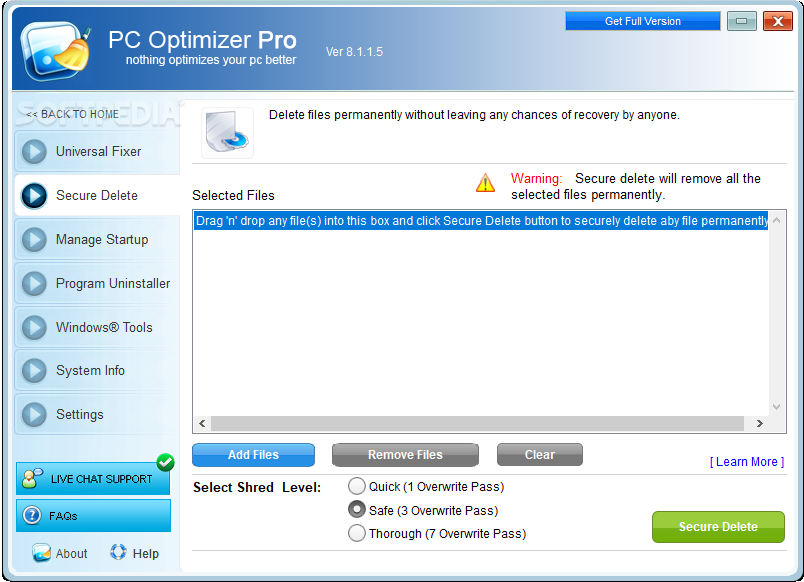
Lastly, save exact versions to npm-shrinkwrap.json with npm shrinkwrap $ rm npm-shrinkwrap.json #Then do a clean install (w/o the rm I got some dependency warnings) $ rm -rf node_modules # Install and use the `npm-check-updates` package. # `outdated` is part of newer npm versions (2+) If I'd shrinkwrapped, npm would have installed exactly what I needed.įor the curious who make it this far, here is what I recommend: Use npm-check-updates or npm outdated to suggest the latest versions. I pulled out a project the other day and it wouldn't run because my deps were all out of date/updated/a mess. It will list any installed dependencies that have newer versions available.įor Yarn specific solution, refer to this StackOverflow answer.Īncient npm (circa 2014): npm install -g npm-check-updatesīe sure to shrinkwrap your deps, or you may wind up with a dead project.

To see which modules are outdated, just run npm outdated. On the other hand, if you're working in a more mature project, you probably want to verify that there are no breaking changes in your dependencies before upgrading. It's fine if-as you said-the project is empty and nothing can break. Of course, this is the blunt hammer of updating dependencies. ( Note: broken in recent (3.11) versions of npm). Simply change every dependency's version to *, then run npm update -save. Code of conduct The openSUSE Code of Conduct is a set of guidelines that explains how our community behaves and what we value as members and project to others.Looks like npm-check-updates is the only way to make this happen now.IRC Channels Communicate online using Internet Relay Chat.Mailing Lists Subscribe to mailing lists and browse their archives.


OpenSUSE is an open, free and secure operating system for PC, laptops, servers and ARM devices. You can find more information about flairs here.


 0 kommentar(er)
0 kommentar(er)
